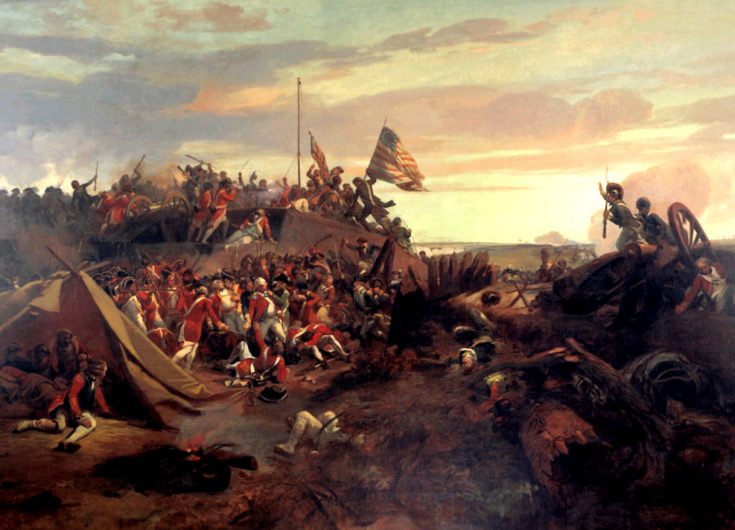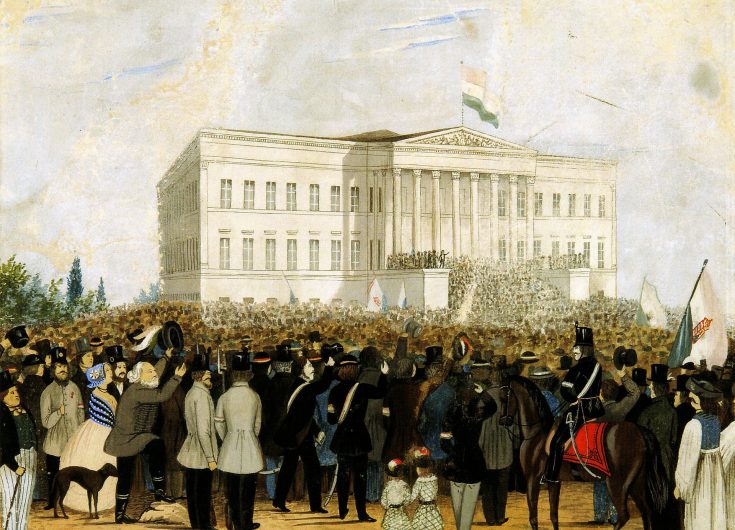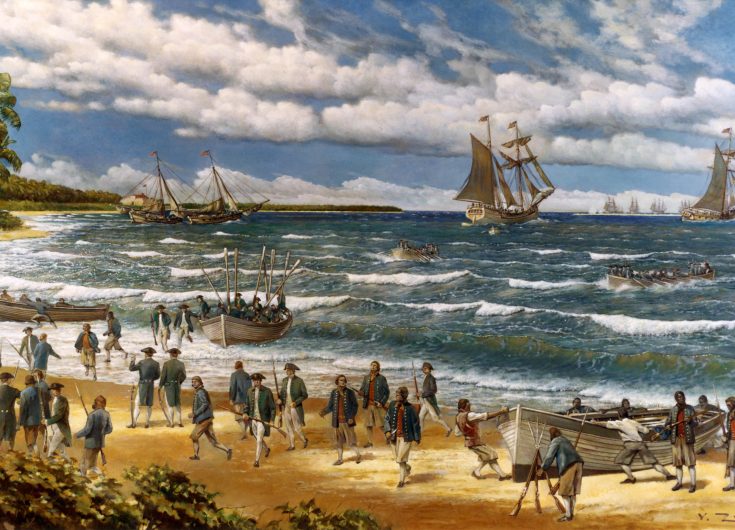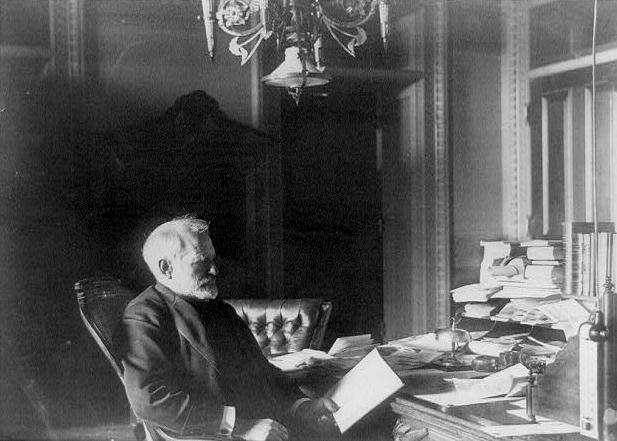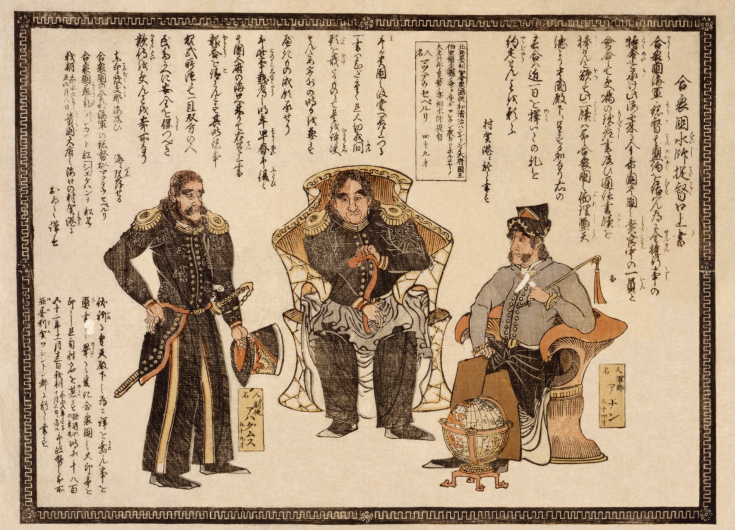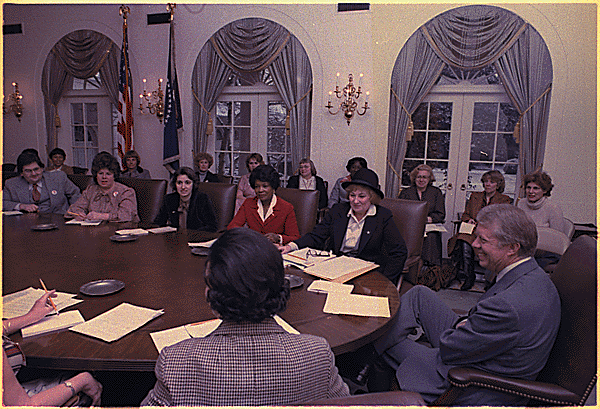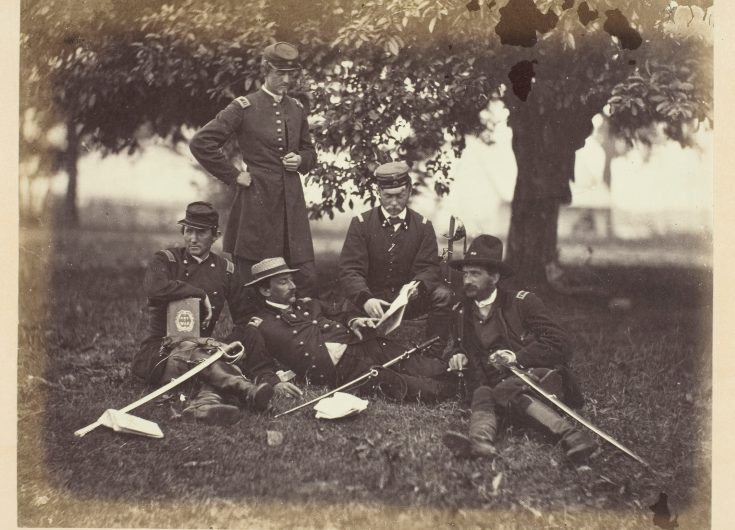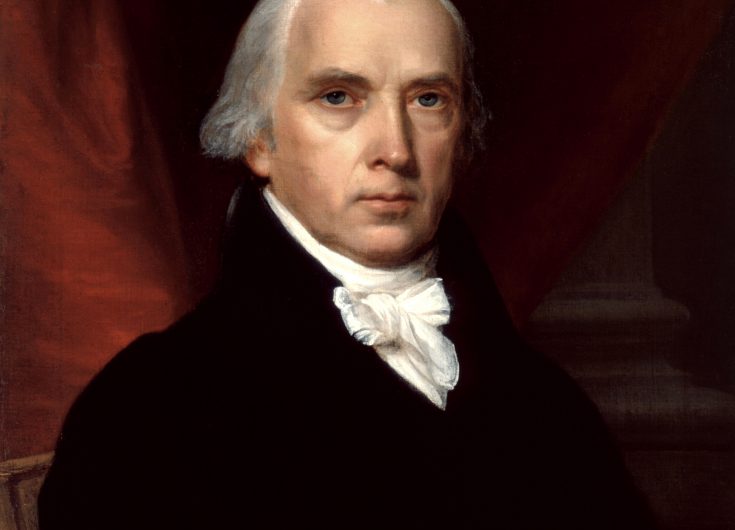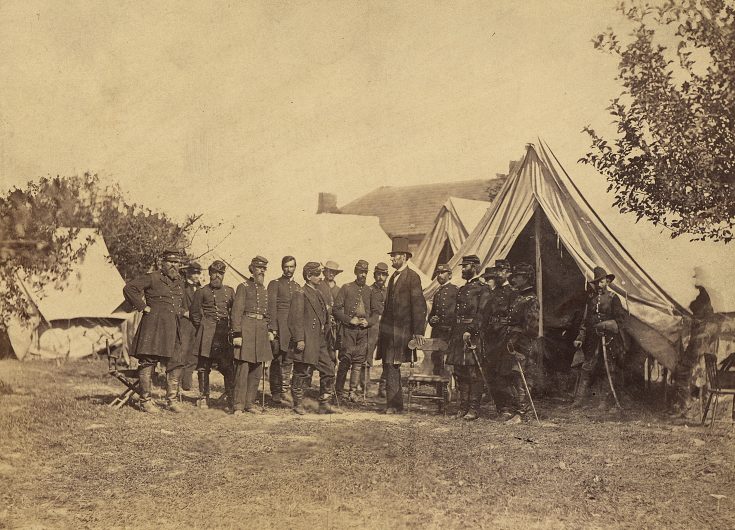

Abraham Lincoln, Reply to the Workingmen of Manchester, England (1863)
The American Civil War is imprinted upon the popular consciousness in important battlefields like Vicksburg and Antietam, in rousing speeches like the Gettysburg Address, in the Emancipation Proclamation, and in the death of Abraham Lincoln. Knowledge, or at least awareness, of each of these events goes a long way to understanding the conflict that very nearly destroyed the American Union forever. However, any understanding of the Civil War is incomplete without an awareness of the foreign policy dimension that the war possessed.


